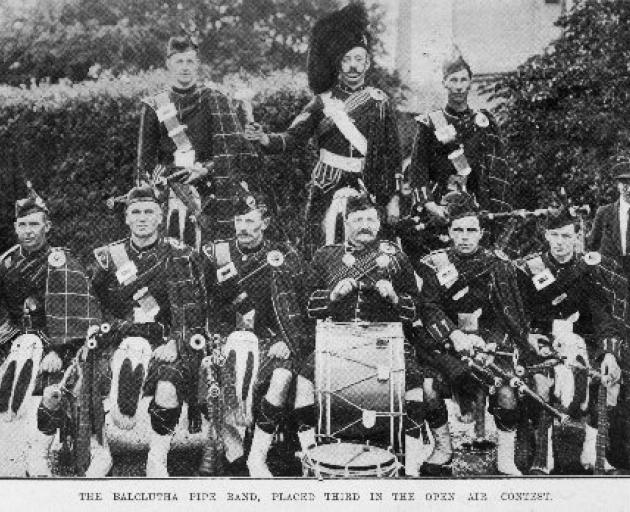Sydney: A contribution to the initial chapter in the colonisation and Christianisation of New Zealand has just come to light here in the shape of ‘‘A Journal of My Proceedings During a Voyage from Port Jackson to New Zealand in 1814,’’ by the Rev. Thomas Kendall. The journal, which was found the other day among the effects of a granddaughter of Mr Kendall, who died at Kiama (N.S.W.) in her eighty-second year, runs into 60 pages, and contains an interesting account of New Zealand as it was in those days and of the Native chiefs and the people. The voyage was made in the brig Active, the party arriving at the Bay of Islands on June 10, 1814. The diary says: ‘‘I and Mr Hall accompanied the chief Duaterro to the hipwah or town called Ranghee Hoo. It consisted of several whares or small houses, about 5ft in height, 8ft in breadth, and 10ft or 12ft in length. We were presently surrounded by many of the inhabitants, both men, women, and children. They showed us particular marks of respect, and as we repeated our visit their friendship towards us became more apparent. The soil is very good near Tippoonah, considering the hilly nature of the ground. The cultivated land produces potatoes, cabbages, turnips, carrots, onions, etc. Those parts which are not cultivated are generally covered with fern.’’ For about six weeks the Active lay at anchor at the Bay of Islands. During that period Messrs Kendall and Hall traversed a considerable part of the adjacent country. They were treated with invariable courtesy by the chiefs and Natives, and the Journal contains a good deal of information which at this date is both curious and interesting.
Child labour concerns raised
In his report to the Board of Governors of the Christchurch Technical College, the chairman (Mr C. H. Opie) stated that statistics obtained in Dunedin, as the result of the complaints as to the physical weariness among school children, had shown the remarkable extent which child labour was employed in the early parts of the day. The same conditions held in all the large New Zealand towns, and the physique and the educational efficiency of pupils attending the primary, secondary, and technical high schools were undoubtedly affected to a serious extent. The matter was so important that it might very well be brought under the notice of the Minister of Education and the Minister of Labour. Considerable discussion ensued on the matter, some members claiming that the evil existed to a large extent, while others discounted it.
Labour targeting committees
Under the heading ‘‘Labourised’’ School Committees, the Post publishes a paragraph stating that Labour intends to make a very strong endeavour to capture all the school committees at the annual meetings of householders which will take place shortly. In the past official Labour has taken a more or less prominent part in the meetings, and in some cases it has secured substantial representation. However, there has not been a thoroughly organised attempt to place Labour men on the committees, such as may be the case this year. This week, says the Post, there will be a representative meeting called by the Labour Representation Committee, at which a complete plan of campaign, and, perhaps, a policy, will be discussed.
— ODT, 7.3.1920.













